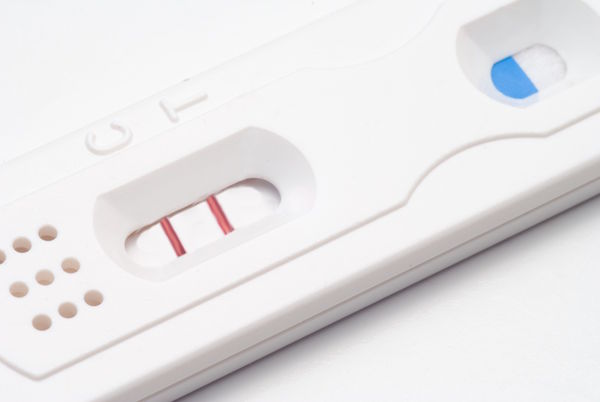WEDNESDAY, Aug. 24, 2016 (HealthDay News) — There’s more bad news when it comes to Zika’s effect on infants: A case study suggests the virus can live and cause damage in newborns for at least two months after birth.
The report, published online Aug. 24 in the New England Journal of Medicine, involves a baby boy born in January to a woman in Sao Paulo, Brazil. Zika is typically transmitted via mosquito bites, but sexual transmission can also occur.
The mother developed symptoms of Zika illness — rash, fever, headache, swollen joints — in week 26 of her pregnancy. The doctors suspect she got the infection through sexual contact with the baby’s father, who had recently traveled to a Zika-endemic region.
Zika is most known for its link to a devastating birth defect called microcephaly, where babies are born with a smaller than normal head and underdeveloped brains. However, the Sao Paulo baby appeared normal and healthy at birth, with a typical head circumference, according to a team led by Danielle Oliveira of the University of Sao Paulo.
However, closer investigation of the newborn by MRI brain scans did reveal troubling neurological abnormalities, the group said.
The baby also continued to show signs of Zika virus persisting in his blood, urine and saliva by day 54 after birth, and in his blood by day 67.
A follow-up blood test by the time the baby was almost 8 months old showed no trace of Zika, however.
But, at 6 months of age “he showed neuropsychomotor developmental delay,” including muscle rigidity and spasticity, the study team said.
The biggest surprise was that the baby’s problems “got worse over time” — probably because the virus survived a full two months in the infant, the scientists said in a university news release.
The news comes a day after radiologists in Boston and Brazil published scans showing the wide range of birth defects that can occur in babies affected by the Zika virus.
“From an imaging standpoint, the abnormalities in the brain are very severe when compared to other congenital infections,” report co-author Dr. Deborah Levine said in a news release from the journal Radiology, which published the findings Aug. 23.
In that study, the researchers examined medical scans and autopsy results from 17 fetuses and newborns in Brazil confirmed to have Zika infection and 28 fetuses and newborns suspected to have Zika infection.
And on Aug. 9, researchers in Brazil also reported on Zika’s possible links to serious deformities of joints in the arms and legs of newborns, a condition called arthrogryposis.
Brazil is the country hit hardest by Zika, with thousands of cases of microcephaly reported so far.
However, the danger of mosquito-borne Zika infection for pregnant American women became more imminent this month, with two neighborhoods in the Miami area reporting cases of locally acquired infection. The U.S. Centers for Disease Control and Prevention is now advising that pregnant women avoid traveling to these areas of Miami to reduce their odds of contracting Zika.
A new case of locally transmitted Zika infection was also reported in Tampa, health officials said on Tuesday, although no travel advisory has yet been issued for that locale.
The CDC is advising pregnant women not to travel to an area where active Zika transmission is ongoing, and to use insect repellent and wear long pants and long-sleeved shirts if they are in those areas. Partners of pregnant women are advised to use a condom to guard against sexual transmission during pregnancy.
More information
The U.S. Centers for Disease Control and Prevention provides more information on mosquito-borne diseases.
This Q & A will tell you what you need to know about Zika.
To see the CDC list of sites where Zika virus is active and may pose a threat to pregnant women, click here.
Copyright © 2026 HealthDay. All rights reserved.

